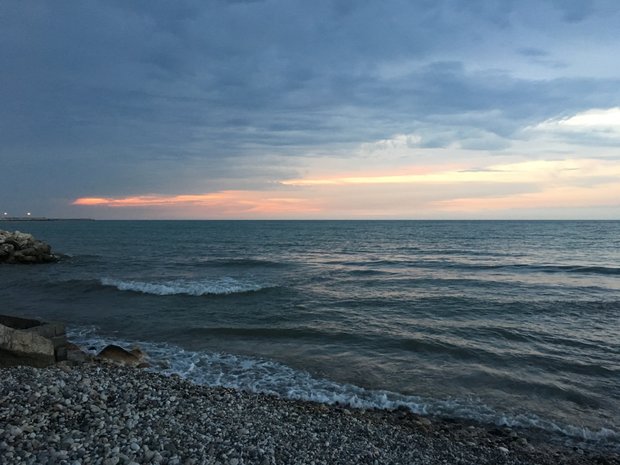Zahid Dabbaghian, the project manager, described the reverse osmosis method as the most common process in desalination in recent years, adding “high energy consumption due to need for exerting high pressure as well as membrane fouling have put serious limitation on using reverse osmosis technology in water purification.”
Reverse Osmosis is a technology that is used to remove a large majority of contaminants from water by pushing the water under pressure through a semi-permeable membrane.
Dabbaghian went on to add that the aim of the project was to synthesize an ideal membrane in order to optimize direct reverse osmosis process in desalinating seawater.
“Using synthesized membrane in this project has led to an increase in the efficiency of seawater desalination and a decline in costs,” he said.
“Carbon nanofibers comprising single-molecule fibers with a diameter of about a few tens of nanometers, are categorized as premium engineering materials due to their exceptional electrical and mechanical properties,” he said, adding “these materials have also high surface area, porosity and chemical resistance.”
He went on to add, “in this project, nanostructured membranes comprising cellulose and functionalized carbon nanofibers have been synthesized. The presence of these carbon nanofibers increases the membrane’s hydrophilic property and thus, boosts direct osmosis process.”
According to Dabbaghian, the results suggest that membranes modified by amine carbon nanofibers show a better performance compared to membranes modified by carboxyl carbon nanofibers during the direct osmosis process.
The results of the research have been published in Desalination, vol. 381, 2016, pp. 117-125.
MS/3695384

























Your Comment